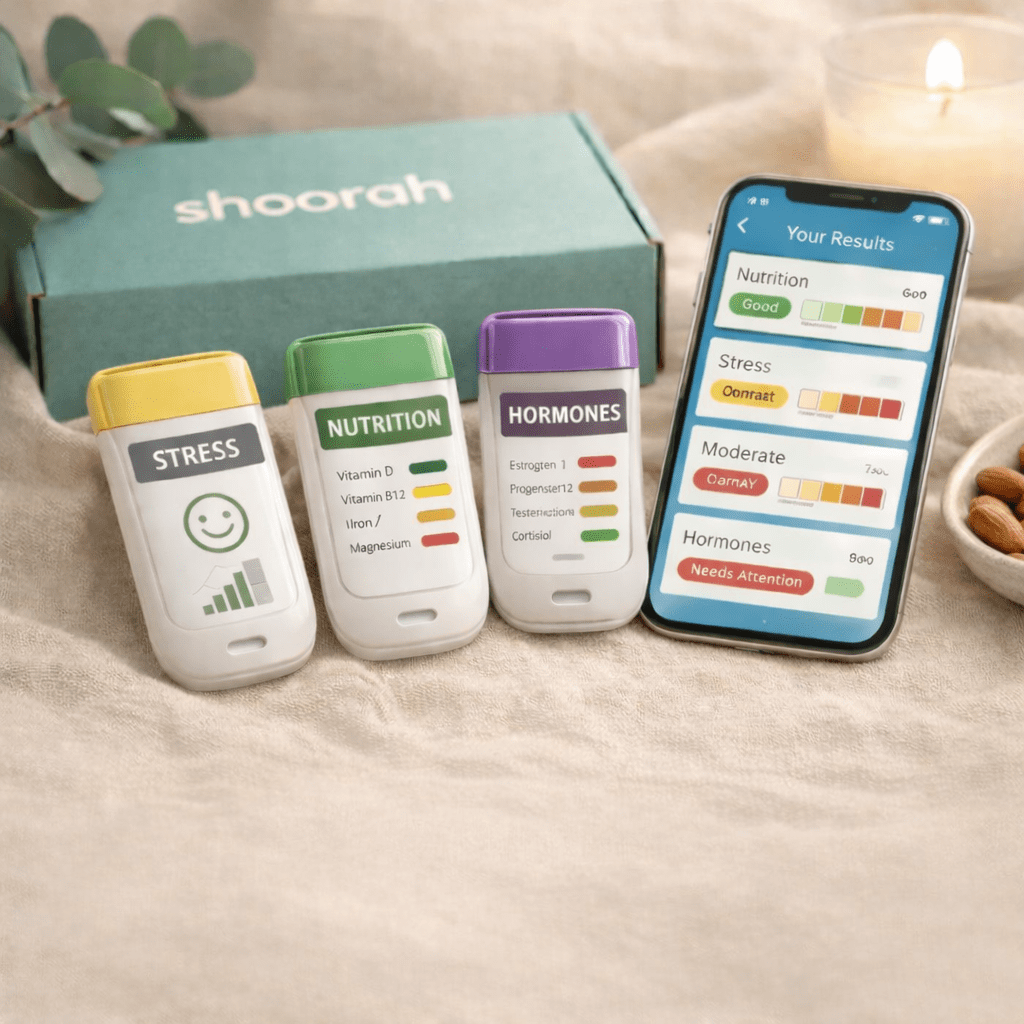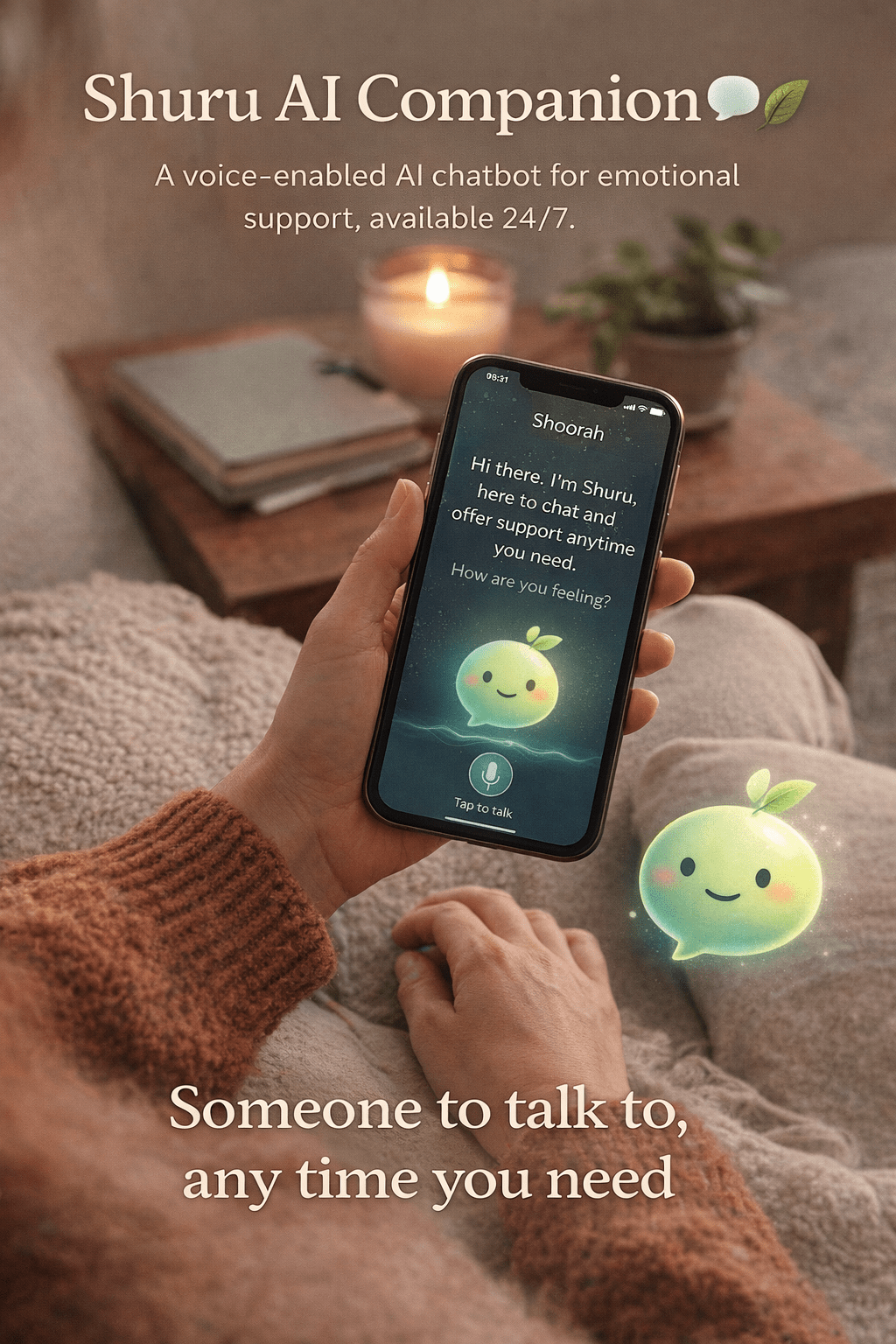Finding your place in the world of work is tough enough—but for neurodivergent individuals, it can feel like trying to fit into a system that was never designed with you in mind. Whether you’re autistic, have ADHD, dyslexia, or experience other forms of neurodivergence, traditional career advice often fails to recognise your unique strengths and challenges. That’s where career self-assessments come in—a powerful tool to help you uncover what truly suits you.
What Is a Career Self-Assessment?
A career self-assessment is a guided reflection process that helps you explore your abilities, values, interests, and preferred work environments. It can be done through structured online tools or informal self-reflection. For neurodivergent individuals, self-assessment provides a way to move beyond conventional career advice and instead build a career path that honours who you truly are.
Why Self-Assessments Are Especially Valuable for Neurodivergents
Most workplaces are built with neurotypical norms in mind. This can make it harder for neurodivergent individuals to flourish unless their differences are embraced and supported. Career self-assessments can help you:
- Identify strengths – Like heightened attention to detail, creative problem-solving, or the ability to hyperfocus.
- Recognise potential challenges – Such as sensory sensitivities, difficulties with executive function, or social anxiety.
- Find environments where you’ll thrive – Some workplaces are more inclusive and accommodating than others.
- Build confidence in your direction – When you know your needs and strengths, your job search becomes more purposeful.
A great place to explore inclusive tools and neurodivergent-friendly career resources is Exceptional Individuals, a UK-based social enterprise offering assessments, coaching, and support tailored for neurodivergent jobseekers.
Different Types of Career Self-Assessments
To get a well-rounded understanding of your ideal career path, consider combining several types of assessments:
1. Skills & Strengths Assessments
- CliftonStrengths – Focuses on your natural talents.
- VIA Character Strengths Survey – Explores your personal values and inner strengths.
- Self-reflection – Make a list of tasks you enjoy and excel at.
2. Personality & Work Style Assessments
- Myers-Briggs Type Indicator (MBTI) – Offers insight into your personality and preferred work environment.
- DISC Test – Highlights communication styles and behavioural tendencies.
- Self-observation – Think back to when and where you’ve felt most at ease professionally.
3. Interest-Based Assessments
- O*NET Interest Profiler – Matches interests to careers.
- Strong Interest Inventory – Pinpoints career paths based on what you enjoy.
- Journaling – Note hobbies or activities you’re drawn to and explore how they link to potential job roles.
4. Workplace Environment & Needs Assessments
- Sensory Needs Checklist – Assesses environmental triggers.
- Flexible Work Preference Survey – Gauges preferences for remote or flexible working.
- Accessibility Audit – Helps you identify any accommodations that would enhance your productivity.
What to Do After Your Assessment
Once you’ve gathered your insights, use them to:
- Research roles that align with your skills and interests.
- Target inclusive employers who value neurodiversity.
- Tailor your CV and interview prep based on your self-assessment results.
- Advocate for your needs with clarity and confidence when requesting accommodations.
Final Thoughts
Career success doesn’t come from squeezing into a mould—it comes from understanding your value and finding a path that celebrates it. For neurodivergents, career self-assessments can be the stepping stone to discovering work that’s meaningful, manageable, and built with you in mind.
So, take the time to reflect, research, and trust your instincts. The career that fits you best is one that honours how your mind works—not how others expect it to.



